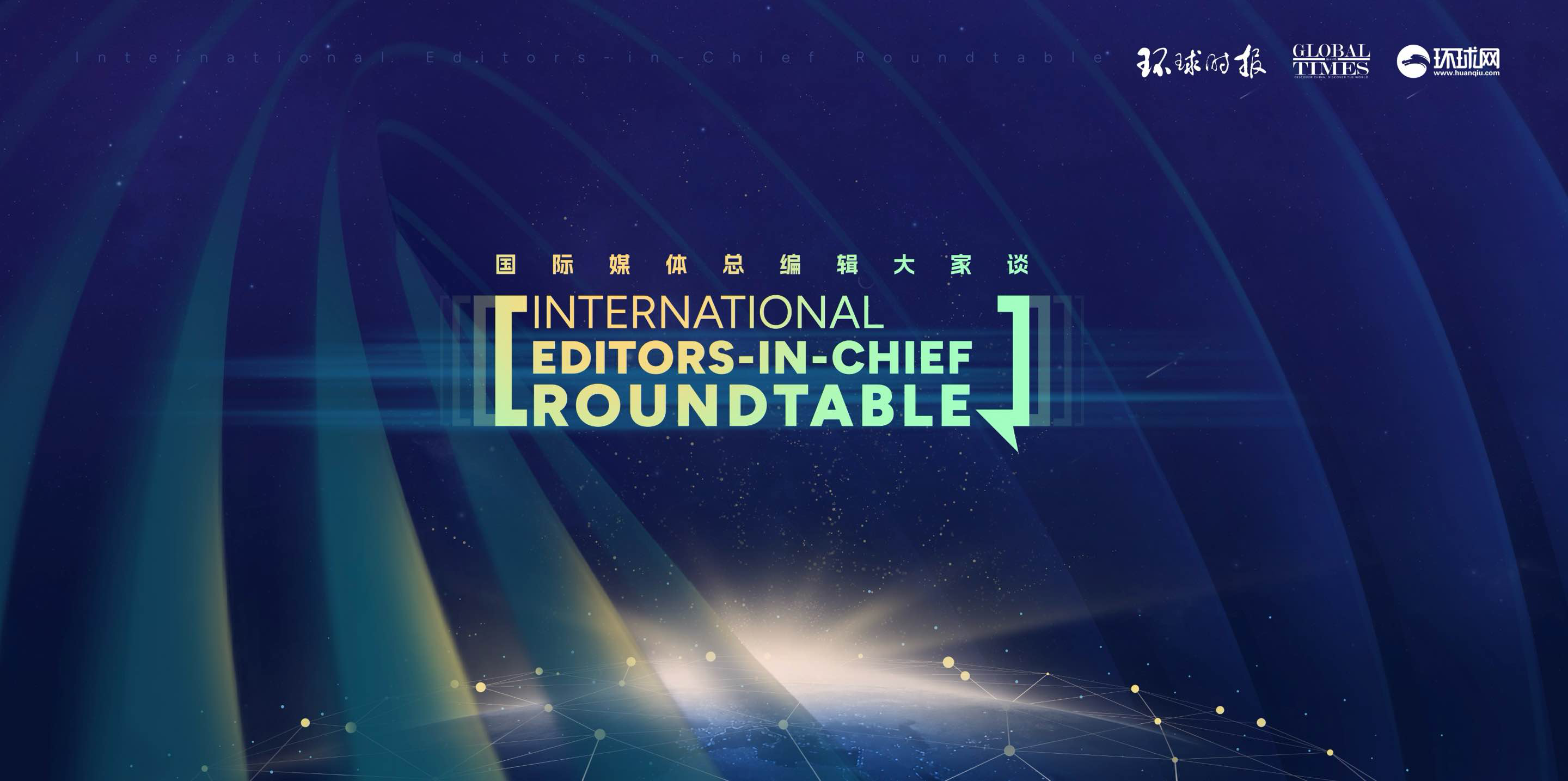2025-04-24
Recently, the Global Times and Huanqiu.com launched the International Editors-in-Chief Roundtable. The second forum of the event, themed "AI Development and Transformations in Media," brought together editors-in-chief from renowned outlets in China, Pakistan, Rwanda, Nigeria, and Kazakhstan. Discussions focused on AI applications, challenges, and future trends in the media sector, exploring how technology can drive industry transformation and enhance global governance.
AI is rapidly reshaping news production with an unprecedented speed. Bai Long, Deputy Editor-in-Chief of Global Times, highlighted AI's effectiveness in automated writing and algorithmic recommendations. AI generates standardized news in areas like finance and sports, significantly boosting productivity, while algorithmic recommendations enhance user engagement by delivering relevant content.
Olzhas Murzagaliyev, Director of the Information Service at Tengrinews in Kazakhstan, shared his insight into AI applications in news editing, including audio transcription, data retrieval, and comment filtering. These technologies help journalists focus on in-depth investigations by automating routine tasks.
However, the rise of AI raises concerns about news authenticity. Bai Long emphasized the importance of human verification to maintain journalistic authority, which ensures that AI-generated content is transparent and serves the public interest.
Wang Xiaohui, Editor-in-Chief of China.org, explored AI's role in international communication, such as virtual hosts, multilingual video dubbing, and social media content generation. He stressed that AI should be used within legal frameworks so that it generates transparent and credible contents.
Mike Urinzwenimana, Deputy Editor-in-chief of the Africa-China Review, called for international cooperation to establish AI ethics guidelines. He noted that while AI increases efficiency, it challenges news independence and accuracy. Journalists need new skills in data analysis and coding, which requires media education to keep pace with technological changes.
The digital divide facing developing countries was also a concern during the event. Baharu Ydnekachew, Executive Officer of News and Current Affair TV Channel at Fana Broadcasting Corporate, discussed how data analysis tools aid in breaking news and investigative reporting. However, he believes high costs and data biases pose challenges, calling for skill training and open-source tool sharing.
Other executives, including Onochie Bridget Chiedu, Deputy Editor-in-chief and Head of Abuja Bureau at The Guardian Newspapers Limited, and Saud Faisal Malik, Editor-in-chief of the Observer Diplomat Magazine, emphasized the need for technical skill development and new revenue models, as AI disrupts traditional media practices.
Olzhas Murzagaliyev concluded that AI's role in journalism requires ethical standards, transparent algorithms, and international collaboration to ensure AI remains a reliable tool.
For more content, visit Huanqiu.com on Facebook:
https://www.facebook.com/watch/?v=1632169667428858

Celebrating in the Sky: China Eastern Airlines to Offer Free In-Flight Wi-Fi as Part of Chinese New Year Connectivity Upgrade
China Eastern Airlines Unveils Top International and Regional Destinations as Chinese New Year Travel Peaks
MEXC COO Vugar Usi on Navigating Crypto's 2026 Reset: Why Retail-First Exchanges Are Winning
CYCJET high-resolution inkjet printers – the "surgical scalpel" for the Russian packaging industry.
2026 Zhongshenghui · Buddhist Faith and Collective Practice Exchange Forum in the Digital Age Successfully Held in Bangkok, Thailand
From packaging to production lines: How CO2 laser marking machines are reshaping environmental and efficiency standards for product identification.
©copyright 2009-2020 Singapore Info Map